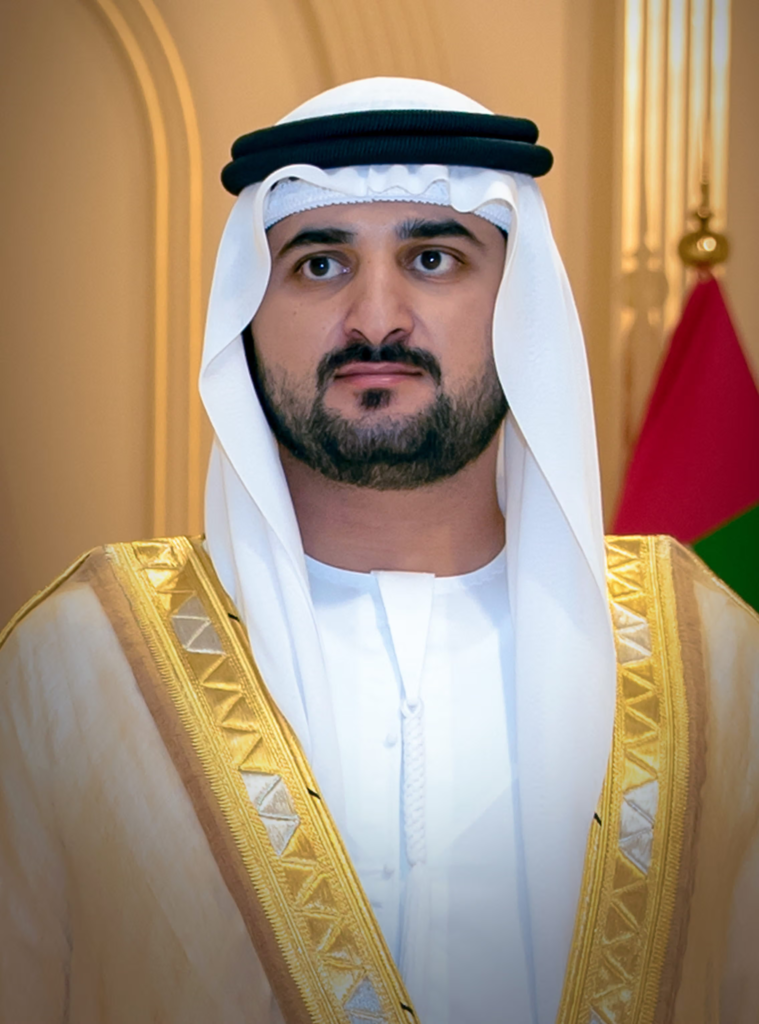The UAE has officially completed its first-ever government financial transaction using the Digital Dirham, a major step in its mission to establish a secure and fully integrated digital economy. The landmark transaction was carried out between the Ministry of Finance, the Central Bank of the UAE (CBUAE), and the Dubai Department of Finance — showcasing the UAE’s growing leadership in digital finance innovation.
This marks the first federal-to-local government payment using the Digital Dirham (the country’s CBDC). Completing the process in under two minutes demonstrates how digital currencies transform transaction speed and efficiency.
A Foot forward in the UAE’s Digital Transformation
The successful transaction signals the beginning of a new era in financial operations across government entities. It’s part of the CBUAE’s Financial Infrastructure Transformation (FIT) Programme, which aims to accelerate the nation’s transition to a cashless, digital economy.
The Digital Dirham aims to enhance payment efficiency, reduce transaction costs, and increase transparency across financial exchanges. By integrating digital currency into public-sector systems, the UAE is laying the foundation for faster, safer, and more traceable financial interactions, from government payments to potential future applications in retail and cross-border trade.
In line with the country’s “We the UAE 2031” vision, the move aligns with the broader goals of diversifying the economy, boosting innovation, and strengthening the UAE’s position as a global hub for digital finance.
How the Digital Dirham Works
The Digital Dirham is not a cryptocurrency like Bitcoin; it’s a regulated digital version of the UAE Dirham, fully issued and controlled by the Central Bank. It combines blockchain-inspired technology with the security of a sovereign currency.
The pilot transaction between the federal Ministry of Finance and the Dubai Department of Finance took place on the mBridge platform, a multi-central bank digital currency platform designed to enable instant, cross-border payments between participating nations.
This marks a seamless extension of previous trials, such as the cross-border pilot where the UAE successfully transferred AED 50 million to China using the same platform. Now, with domestic government use underway, the UAE has taken a practical leap from testing to real-world application.
Vision and Statements from UAE Leadership

The project received strong endorsement from the UAE’s leadership, reflecting a clear national direction toward adopting advanced digital financial solutions.
Sheikh Mansour bin Zayed Al Nahyan, Vice President, Deputy Prime Minister, and Chairman of the Central Bank of the UAE, called the Digital Dirham “a strategic pillar in achieving an integrated and future-ready digital economy.”
Sheikh Maktoum bin Mohammed bin Rashid Al Maktoum, First Deputy Ruler of Dubai, Deputy Prime Minister, and Minister of Finance, emphasized that the initiative “represents a new phase in building an advanced, innovative, and trustworthy financial ecosystem aligned with the UAE’s leadership vision.”
Meanwhile, Mohammed Hadi Al Husseini, Minister of State for Financial Affairs, highlighted that the successful use of the Digital Dirham in government transactions “marks a qualitative shift in applying FinTech to modernize payment systems and strengthen efficiency at all levels.”
Khaled Mohamed Balama, Governor of the CBUAE, added that this milestone “demonstrates the UAE’s readiness to embrace a next-generation financial infrastructure that enhances its global competitiveness.”
Historic win for Dubai and UAE Residents
For residents, this historic step may not immediately change the way everyday payments work, but it’s setting the foundation for major shifts in how people and businesses interact with the financial system.
Government payments, salaries, and public services could soon be processed faster and more transparently. For instance, settling payments between federal and local entities might take seconds instead of days, allowing funds to circulate more efficiently through the economy.
Dubai, already known as a global innovation hub, stands to benefit from this evolution. As the emirate continues to roll out smart city initiatives, from digital IDs to paperless government services, the adoption of a sovereign digital currency fits naturally into its vision of becoming the world’s first fully digital city.
Moreover, the Digital Dirham could eventually support cross-border remittances, a vital service in a country where expatriates make up the majority of the workforce. Faster and lower-cost remittance transfers could directly impact millions of residents who send money abroad every month.
The Digital Dirham isn’t just a technological innovation; it’s a symbol of trust in digital transformation. It reflects the UAE’s confidence in using emerging technologies to strengthen economic resilience, financial integrity, and operational efficiency.

It also sets the stage for other sectors, including banking, logistics, and retail, to explore digital currency adoption. As the infrastructure evolves, the private sector may soon find opportunities to integrate with the Digital Dirham ecosystem, from e-commerce platforms to point-of-sale systems.
In the long run, this could make everyday transactions in Dubai, paying for parking, utilities, or government services, faster, cheaper, and fully digital.
The Road Ahead
The first government transaction is only the beginning. The Central Bank is expected to continue expanding the use of the Digital Dirham across federal and local government entities, followed by controlled implementation in the private sector.
Over time, residents could see the benefits in various areas, instant payments, faster processing for business licensing, and real-time settlement for government services.
By making this bold move, the UAE is not only future-proofing its economy but also reinforcing its reputation as one of the world’s most innovative and digitally advanced nations.
The UAE’s first government transaction using the Digital Dirham is a landmark moment in its digital economy journey. It showcases the country’s ability to lead on financial innovation while ensuring stability, trust, and security in every transaction.
Read More:
- Meats & Mountains Returns to Jebel Hafit Desert Park This Winter – Social Kandura
- Dubai to Host the World’s First Women’s Triathlon World Cup in 2025 – Social Kandura
Follow Social Kandura for more updates on local news, innovation, and things to do in Dubai and across the UAE.











